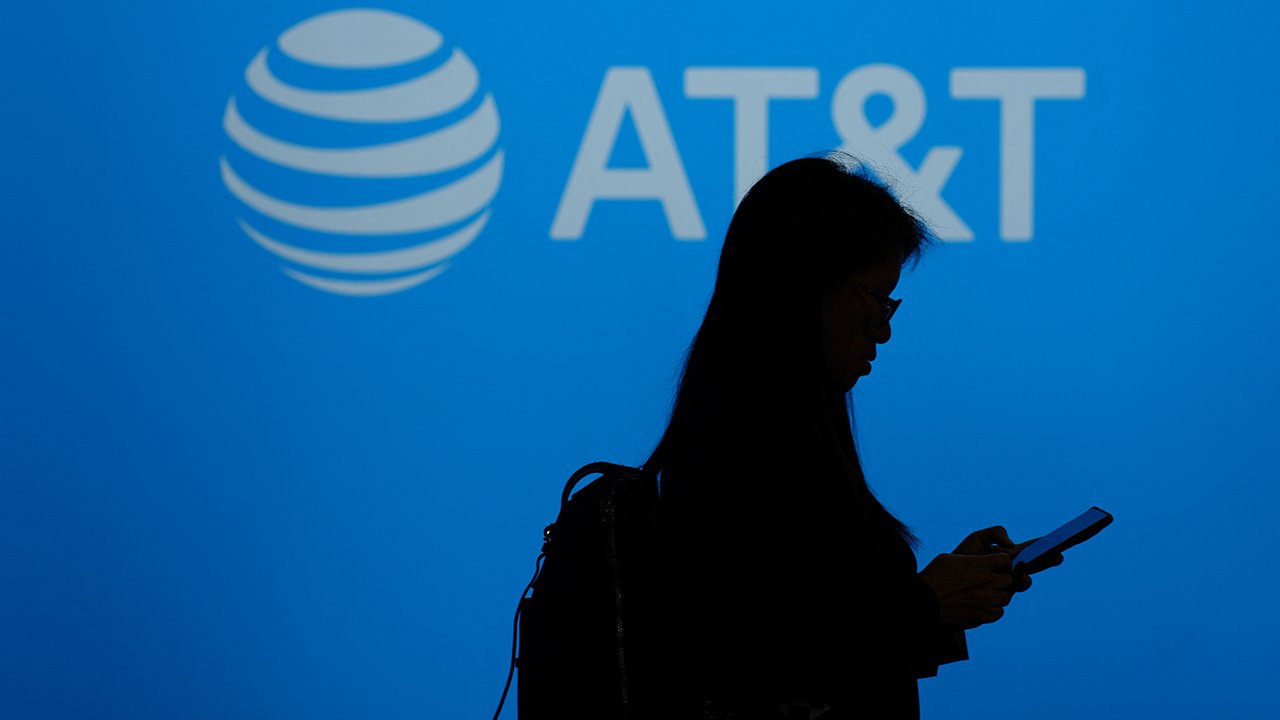The integration of generative AI technologies like ChatGPT, Google Gemini, and Microsoft Copilot into daily life brings tremendous benefits in efficiency and accessibility of information. However, the use of such tools in personal contexts raises significant privacy and ethical considerations. This article explores the potential risks associated with using these AI technologies in private life, highlighting the need for cautious and informed use.
Core Concerns
- Data Privacy and Security: AI tools like Google Gemini and Microsoft Copilot require access to personal data to operate effectively. This data could include emails, personal documents, and chat histories, which may be stored or processed in ways that are not fully transparent to users. Concerns about data breaches or misuse of this information are prominent, especially as these tools become more integrated into everyday tech products.
- AI Bias and Ethical Use: Both Microsoft Copilot and Google Gemini, like many AI technologies, have potential biases embedded in their algorithms, which can affect the outputs they generate. These biases could lead to skewed information or discriminatory practices if not adequately addressed. Ethical use guidelines are provided by developers, but practical enforcement remains a challenge.
- Invasion of Privacy: As AI tools become better at understanding and predicting human behavior, there is an increasing risk of overreach into personal privacy. For example, AI-driven suggestions or actions might infringe on individual privacy or autonomy, creating scenarios where technology makes decisions that are too personal or sensitive.
- Dependence and De-skilling: There is a growing concern that reliance on AI for everyday tasks may lead to de-skilling. Users might lose proficiency in basic skills such as navigation, memory, or even decision-making, as AI tools like Copilot and Gemini provide increasingly accurate and instant solutions to problems.
- Misinformation and Manipulation: The ability of AIs to generate convincing text and media can also be misused to create and spread misinformation. This capability, if leveraged without proper checks, can have serious implications for personal decision-making and societal trust.
Market and Ethical Implications
The competition among AI services like Google Gemini and Microsoft Copilot has substantial market implications. Both giants are embedding AI deeply into their ecosystems, which not only influences consumer choice but also shapes the technological landscape. Ethical considerations, especially concerning AI bias and privacy, are becoming critical factors in the development and deployment of these technologies.
While AI tools offer significant advantages, their integration into personal lives must be managed with an awareness of the associated risks. Users should be proactive in understanding how their data is used, the limitations of AI, and the potential biases in these systems. Regulation and ethical guidelines will play crucial roles in ensuring that the benefits of AI are balanced against the risks to personal privacy and autonomy.






























